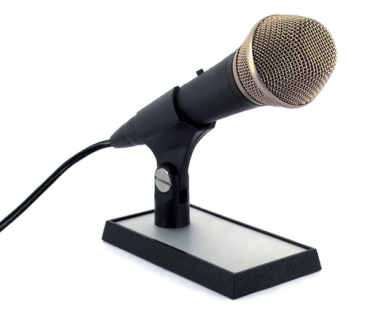New Legislation Requires Police To Record More Interrogations
By aaroncynic in News on Aug 27, 2013 3:40PM
Gov. Pat Quinn signed legislation yesterday expanding a law requiring Illinois police to record certain interrogations. The Chicago Tribune reports Senate Bill 1006 incrementally expands a 2003 law which mandates the recording of murder investigations. Over the next three years, police will also be required to record eight other felony interrogations including armed robbery, aggravated criminal sexual assault, aggravated arson and home invasion. According to the bill, statements made by suspects for the specified felonies will be inadmissible in court without an audio or video recording.
Thomas Sullivan, an attorney who helped draft the legislation told the Tribune “I think (the law) will go a long way toward preventing wrongful convictions.” According to the Sun Times, House Sponsor Scott Drury said the bill would protect against false allegations of police misconduct and “strike a blow against Illinois’ horrific record on wrongful convictions.”
The initial legislation proposed would’ve required police to record all interrogations, a measure both the Cook County state's attorney's office and the Chicago Police Department opposed. The Sun Times reported in June CPD was creating about 700 videos of murder investigations a year. Both the department and State’s Attorney’s office raised concerns about the cost and implementation of recording thousands of additional interrogations.
Both Cook County State's Attorney Anita Alvarez and Chicago Police praised the watered-down version of the bill but still expressed concerns over implementation. In an email to the Tribune, a spokesperson for CPD said “(Chicago police officials) would hope that the supporters of this important legislation will work with us to secure any needed resources to ensure the expansion is a success.” Seventeen states and Washington D.C. have similar measures requiring the recording of interrogations.
